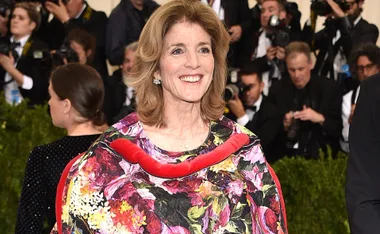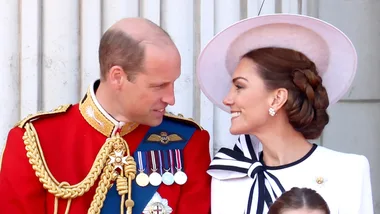As young children, many women are conditioned to want to get married and have babies. Every Disney movie told us, the baby dolls we played mums-and-bubs with reminded us, and even the fake pram we’d drive in circles around the house branded us with a wifely, motherly goal.
As you age, you realise that may not be what you want, or if it is, that there’s a darker side to this honourable dream. There are many inequalities in the marriage and conception gig that women deal with – just one of which is the “it’s not happening soon enough” discussion.
It’s a well-worn topic in our popular culture — conjuring images of Bridget Jones sitting at a dinner party while smug couples say “you really ought to hurry up and get sprogged up ol’ girl” — and it’s clear that it’s always women that these snide comments are directed to. The real question is, why is it never directed at men?
When men reach 35 without a partner or children, they’re a bachelor. Women? Well, they’re a spinster told repeatedly that maybe they need to “lower their expectations” or “kiss a few frogs”.
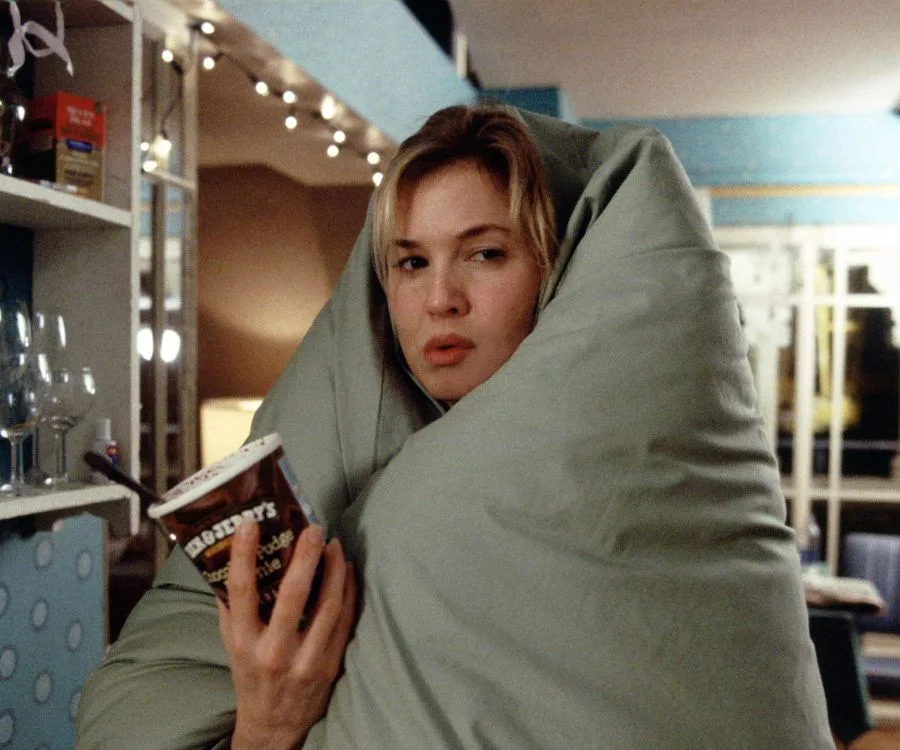
By and large, the reason for this social stereotyping is because women have been deemed the only partner in the relationship with a biological clock.
However, it’s 2023 and the science is changing. There are factors (some within the control of men, and others not so much) that are making their own ticking clock more apparent.
First and foremost, do we need to stop telling people when the ‘right’ time to settle down is? (Yes, probably.) But secondarily, if we are going to condone such social commentary and expectations around timelines, surely they should be directed at men as well?
Below, everything you need to know about the rising issue of male biological clocks.
Male Fertility Has Taken A Massive Nosedive In Recent Years
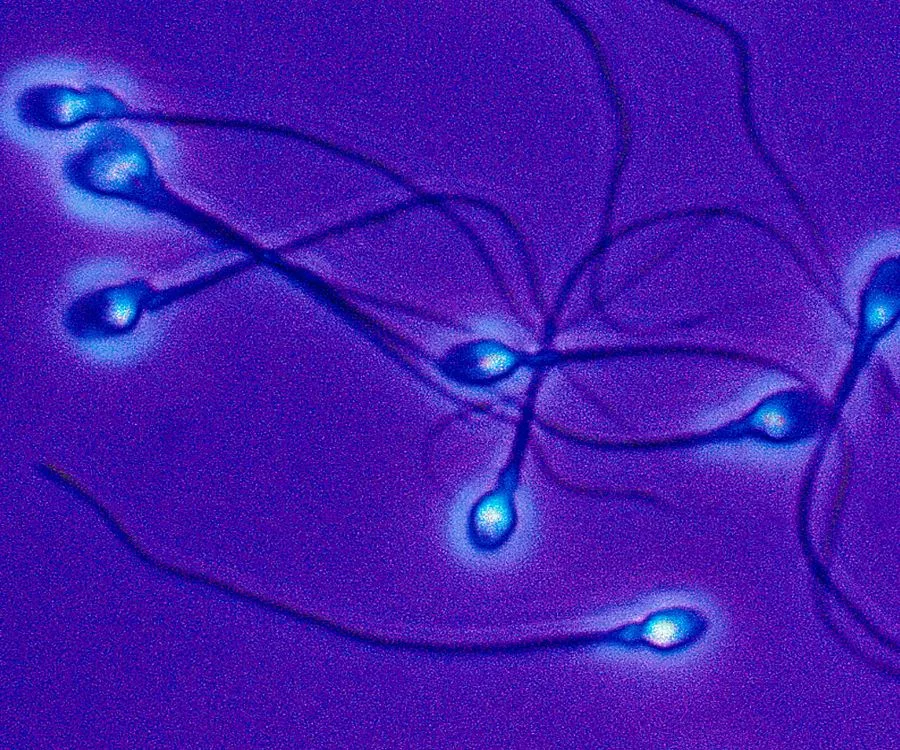
While men have usually felt comfortable to wait until later in life to have children (while some women are contemplating freezing their eggs at age 28), it may not be so wise to rest on their laurels.
It’s true that men don’t have the looming deadline of menopause but research suggests that the decline in male fertility is starting to accelerate at an alarming rate.
In fact, a study published in Human Reproductive Update found that the concentration of active sperm in male semen has nosedived more than 50 per cent over the last 50 years. About one in six couples will struggle with infertility, and it impacts men and women equally (despite what people will tell you).
Now researchers think they may know why this is happening. Scientists at Hungary’s Semmelweis University found that the main cause of this issue seems to be damaged genetic material within the sperm itself.
This appears to be due to a series of risk factors, including defective veins in the scrotum, reduced glucose tolerance, testicular tumours, smoking, pollution and a paternal age. Studies like this undercut the previously enjoyed certainty of fertility later in life (i.e. men can no longer bank on being like Robert De Niro and having a seventh child aged 79).
There Has Been A Rise Of Lonely Single Men In Their 30s
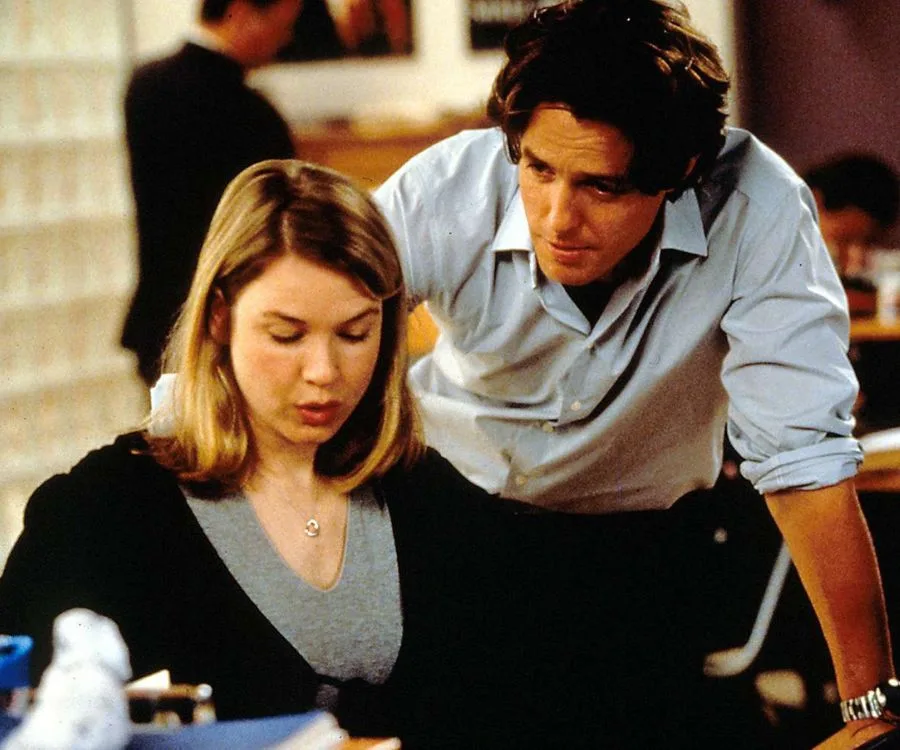
While male fertility is dropping significantly, there has simultaneously been a rise of lonely, single men in their 30s.
The BBC conducted a so-called ‘Loneliness Experiment’, designed to understand who the most lonely subsects of society are.
The research found that “the most vulnerable to loneliness were younger men living in individualistic cultures.” This was then broken down by psychologist Greg Matos in Psychology Today, citing research that men are more likely to be unpartnered than women these days.
This situation could be due to the circumstances on dating apps, states Matos, sharing that men take up “approximately 62% of dating app users, lowering their chances for matches.” However, he also notes that there appears to be a “relationship skills gap” between men and women, where the emotional intelligence women expect when dating is lacking.
More women are choosing to abstain from relationships that don’t suit them (read: emotionally unavailable partners who are uninterested in being a contributing member of an equal household) and looking elsewhere, to another man, or even just to themselves.
In fact, research has consistently found that unmarried, childless women are the happiest group in the world.
What these studies show us, is that waiting until later in life to start looking for a partner to settle down with, may be impacting male happiness, as well as their biological clock.
What Does All This Mean For The Male Biological Clock?
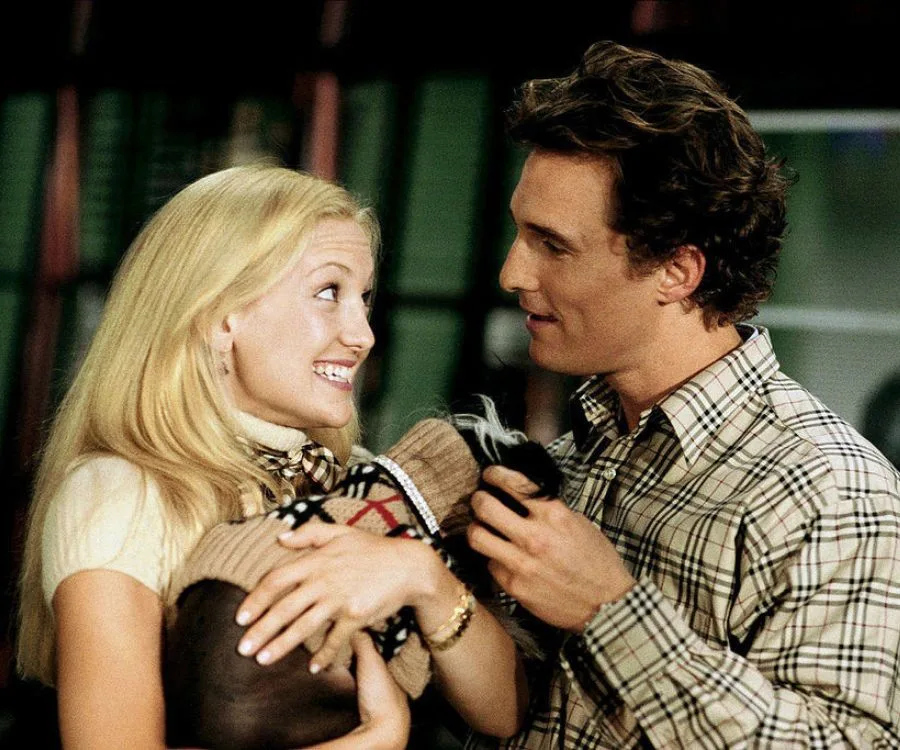
While men may still have a few more fertile years than women, there is no denying that now more than ever, there is a lot less comfort in the fact that the sperm will just ‘work’.
Perhaps, what it does suggest, is that men should be conscious of their biological clock earlier too and consider what they truly want out of a long-term relationship earlier in life.
The alternative is that men find out too late that in fact, they don’t have the super sperm they thought, nor the relationship they expected to materialise at age 30.
It’s also important to note that these days it is a lot easier for women to have a baby on their own than it is for men, given they have the womb.
There aren’t a lot of statistics on women having children through sperm donor programs, but data from the Victorian Assisted Reproductive Treatment Authority, shared with the ABC, showed a 15 per cent rise in single parent sperm donor births in 2022 compared to 2015. This does not include the women having babies through a private donor.
It’s an interesting discussion when the topic of fertility gets democratised, rather than being dominated in popular culture as a ‘woman’s problem’. Perhaps, with the backing of both women and men, the topic of fertility and biological clocks can finally get the funding and support the many people who rely on it need to realise their dreams of becoming parents? A girl can dream.

